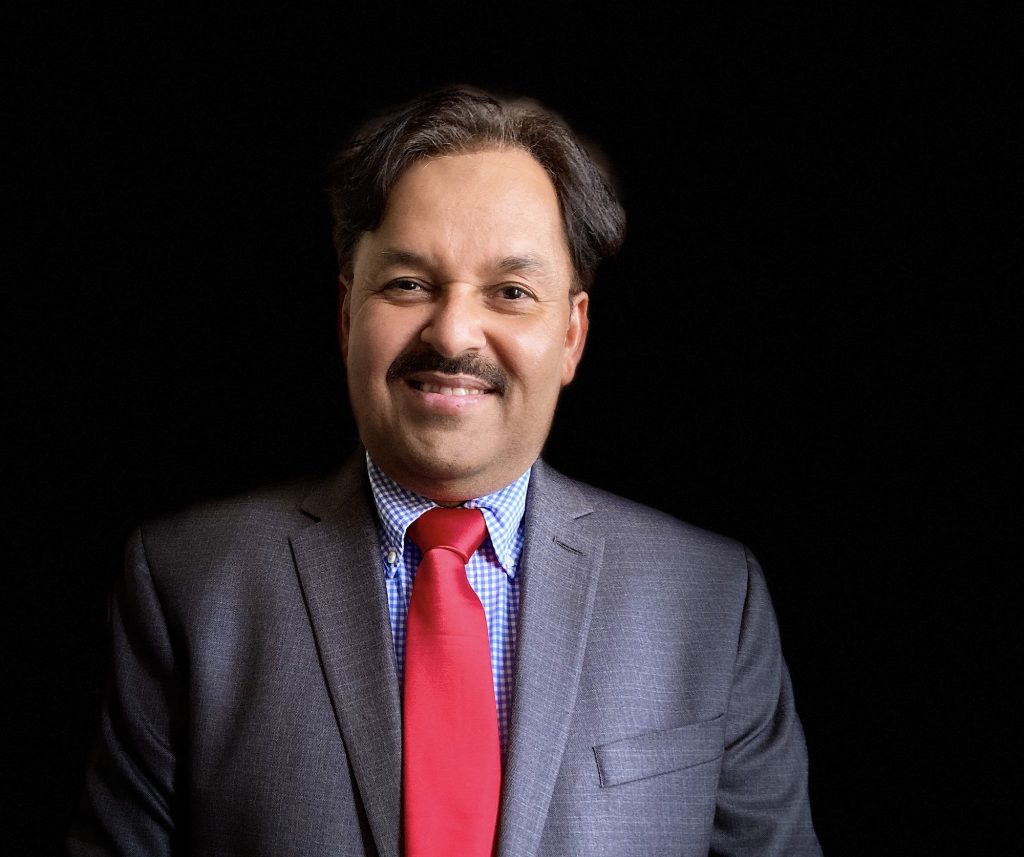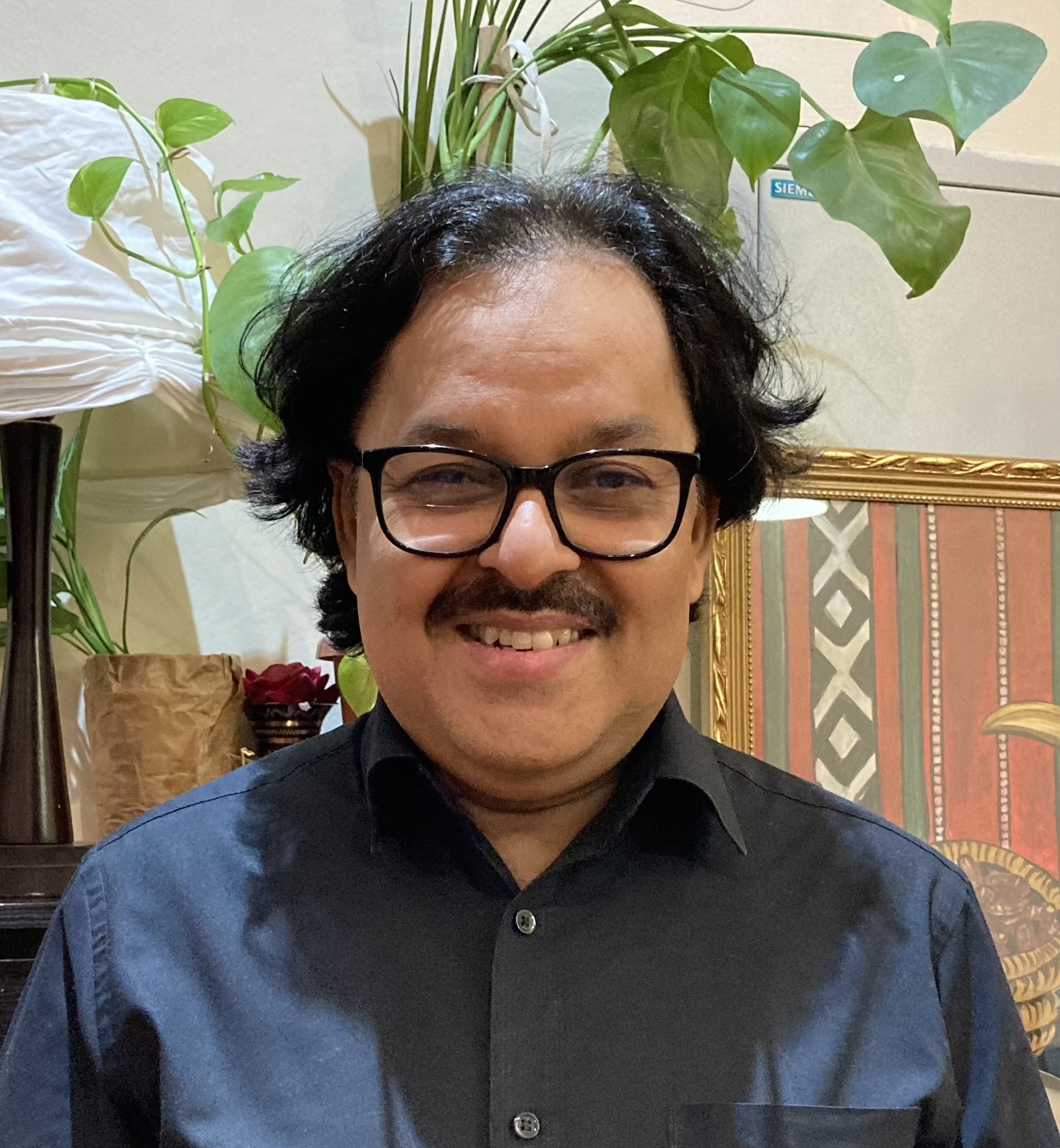Academic Bio

Dr. Rizwan Ahmad
Associate Professor of Sociolinguistics
College of Arts & Sciences,
Qatar University, Doha, Qatar.
Early Education
I was born in Dumri, a small village in the Sheohar District of Bihar, India. I received my early education at an Urdu maktab and later a madrasa in Dumri. Linguistically, my experience at the maktab and madrasa was very useful since I learned some basic Urdu, Arabic, and Persian. Later, I moved to a Hindi-medium High school in a nearby village. After changing a couple of more schools, I graduated from Ram Ayodhya Singh High School in East Champaran in Bihar in 1986. Since I was the only student in the whole school to pass with a first division, my family members decided to send me to Patna, the state capital in the hope that I will one day become an engineer. Those days, and maybe even today, if you wanted your children to become engineers, Patna—the Makkah of engineers-to-be was the place to go.
Higher Education
I however soon realized that I was not interested in becoming an engineer; I abandoned studying natural and physical sciences and started to find intellectual pleasure in the humanities and social sciences. Although my parents and relatives were disappointed with my decision to not pursue engineering, they allowed me the freedom to decide my academic interests. I joined Jawaharlal Nehru University (JNU) for a bachelor’s degree in Arabic. It was at JNU that I took a few courses in linguistics and fell in love with it and finally decided to make a career in it. After graduating from JNU in Arabic, I studied at the University of Delhi and earned an M.A. and M. Phil. in linguistics. The same year I received an offer to teach at the University of Science & Technology in Yemen. I accepted the offer and joined UST as a lecturer. I taught English and linguistics to undergraduate students of UST in Hodeidah and Sana’a. My research interests in linguistics finally took me to the University of Michigan (U of M) Ann Arbor, USA from where I received my doctoral degree in linguistics.
I have rich experience of learning and teaching in different cultural, linguistic, and curricular environments.
At the U of M, I received a broadly-based training in linguistics in general and sociolinguistics in particular. I was lucky to have worked in different capacities with scholars like Lesley Milroy, Jim Milroy, Robin Queen, Deborah Keller-Cohen, Judith Irvine, Barbara Metcalf, Sally Thomason, Jeff Heath, Renee Blake, San Duanmu, Catherine Campbell-Kibler, John Lawler, Anne Curzan, and Pam Beddor. The theoretical and methodological imprints of these linguists can be gleaned in many of my work.
In addition to these formal mentors, I was also fortunate to be part of an intellectually vibrant graduate student community at U of M consisting of Chandan Narayan, Lisa Del Torto, Sai Samant, Mike Marlo, Cati Fortin, Rob Felty, Katherine Chen, Laura Brown, Anshuman Pandey, Anthony Brasher, Hamid Ouali, Nick Pharris, Anna Babel, etc. ( I am sure I am missing many!) I learned a great deal about language and the different methodologies to examine it from these friends and colleagues in the hallways, Gradroom, restrooms, elevators, and in coffee houses on campus. Reflecting on this, I have no hesitation in saying how cumulative knowledge is and how little individual contributions are!
